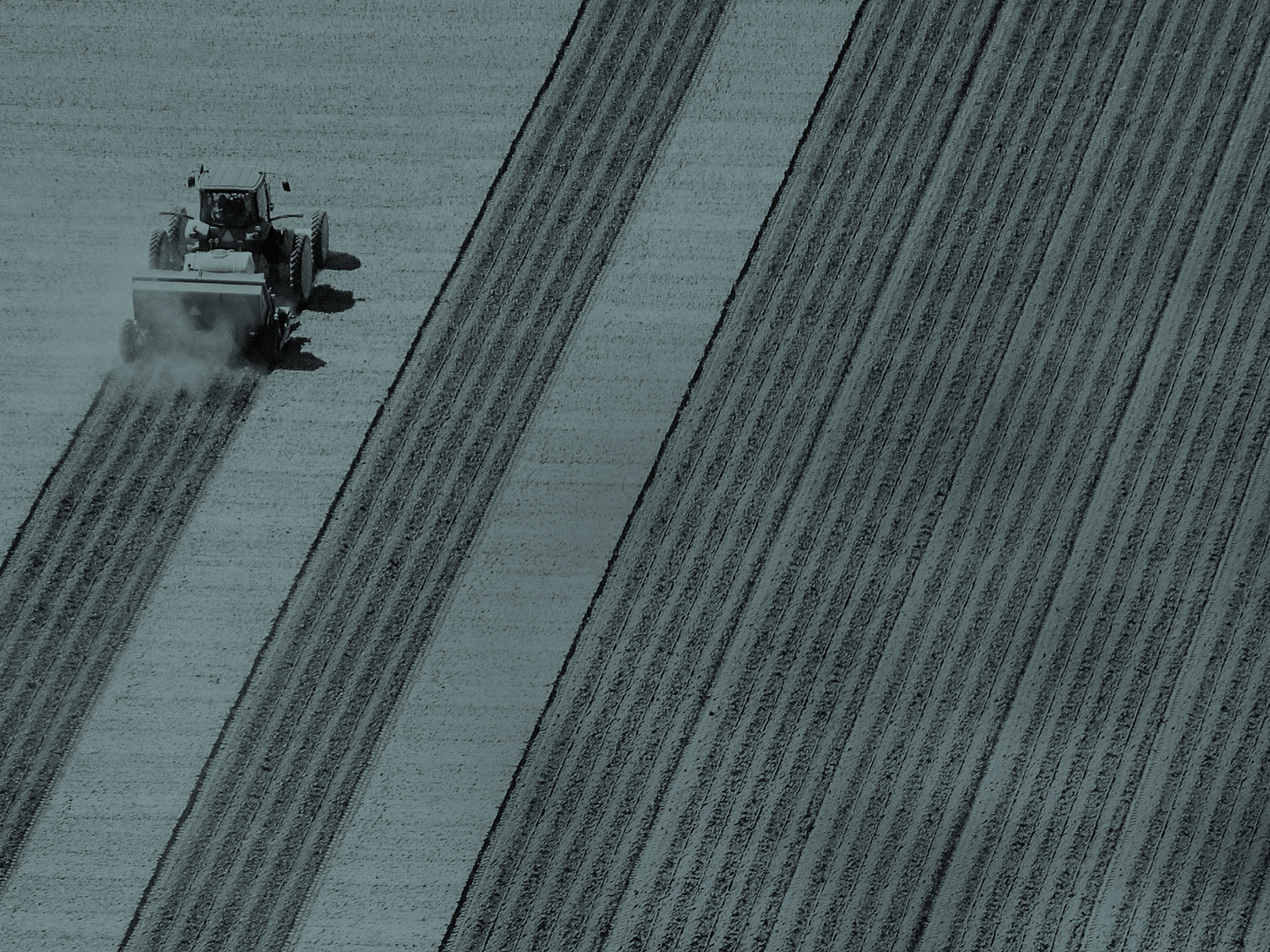Kilimo Salama means "safe farming" in Swahili. It's a project run by the Syngenta Foundation for Sustainable Agriculture, the Kenyan insurance company UAP and Safaricom, the mobile phone company. It's beautifully efficient. When a farmer buys seed or fertiliser, an insurance premium (5% extra cost) is included in the price. The agro-dealer scans a bar code and a new policy is automatically registered with UAP. The farmer gets a text message confirming the policy.
Out in the fields, a network of solar-powered weather stations are measuring rainfall levels. If they are too low or too high, a payout is triggered to every insured farmer in the affected area – the cash is sent to their phone by Safaricom's M-PESA mobile money service. So, no need for underwriters to visit affected areas to see who qualifies for a payout, no need for farmers to submit claims, no need for any paperwork whatsoever. Kilimo Salama was piloted in 2009 with 200 smallholder farmers in Kenya. It has grown fast and will insure nearly 64,000 farmers this season, with plans to expand into Rwanda.
Meanwhile in Ethiopia, Oxfam, the World Food Programme, Swiss Re, USAID and the Rockefeller Foundation are running the R4 Rural Resilience Initiative (nice, concise video here). This scheme enables the country's poorest farmers to pay for crop insurance with their labour, by working on community environmental improvement projects (eg digging irrigation ditches, planting trees). In addition to providing insurance the project helps poor farmers build savings and access credit, all of which strengthens their food and income security.
Like Kilimo Salama, R4 was launched in 2009 (clearly a good year for breakthrough thinking). It has scaled up from 200 farmers in one village to 13,000 in 43 villages, and the project will be rolled out to Senegal and two other countries during the next five years.
These two initiatives are great, but they're scratching the surface. There is huge unmet demand for microinsurance in Africa. The issue is how to create sustainable (by which I mean commercially viable) insurance markets, so that schemes are self-funding. Because currently, it seems that they aren't - in the case of R4, Swiss Re are donating $1.25 million between now and 2015.
Through smart partnerships, involving the right combination of expertise, the right leadership and clever use of mobile technologies, microinsurance in Africa should be economically viable once you hit a critical mass of farmers (100,000?). But to get there would need Governments actively involved in education and promotion, not to say policies which govern the industry effectively.
Dirk Reinhard, Vice Chairman of the Munich Re Foundation sums it up well:"Providing microinsurance effectively requires the involvement of many stakeholders from both the public and private sector who are not used to working together and who often have very different objectives and operating systems."
This is the question I invite you to ponder: how can we create viable microinsurance markets which don't depend on development budgets or donations? Because Africa needs them. It needs schemes which protect smallholder incomes from weather shocks, which take people out of poverty, which help farmers manage risks and which build resilience from the bottom up.
I'd be very interested to hear your thoughts on how to bring insurance to people who badly need it.
Dougal
The views and opinions expressed in this article are those of the authors and do not necessarily reflect the views of The Economist Intelligence Unit Limited (EIU) or any other member of The Economist Group. The Economist Group (including the EIU) cannot accept any responsibility or liability for reliance by any person on this article or any of the information, opinions or conclusions set out in the article.




